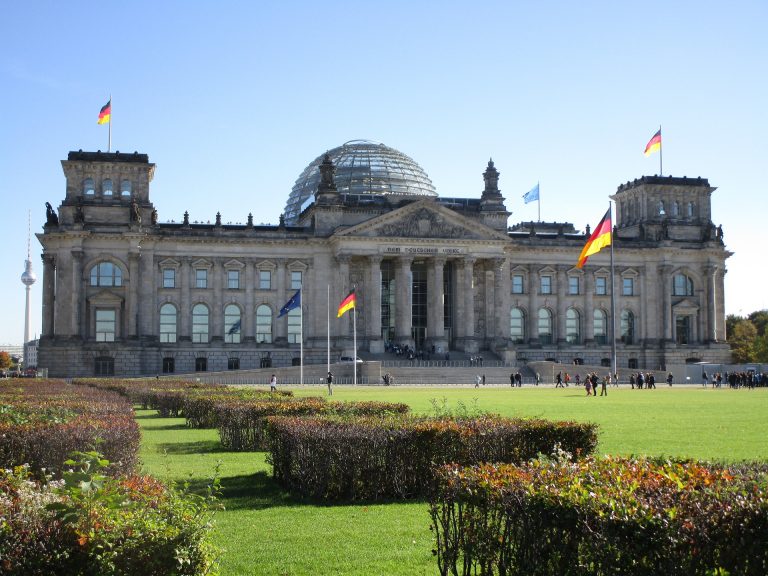Social media platform Gab has recently been facing intense pressure from German authorities to comply with their censorship policies. In a Sept. 20 blog post, Gab CEO Andrew Torba revealed that his company has received “a huge packet of documents with fines and legal threats from the nation state of Germany.”
The fines were imposed as a result of Gab refusing to comply with the country’s contentious Network Enforcement Act, which officially seeks to combat fake news on social media platforms. However, Torba points out that fake news is “whatever the German government says it is.”
Also known as NetzDG, the law came into effect on June 28, 2021, giving German authorities the power to impose sanctions and fines on social networks with a user base of over two million that fail to censor what the authorities consider to be harmful content. Social media networks that do not comply with the law could be fined up to 50 million euros (58.66 million dollars) by the government.
“Gab is not a lawless website. We work diligently to stop and prevent illegal activity from taking place on our platform. We have great relationships with many foreign countries who understand and respect our position on free speech and appreciate our zero tolerance for criminal activity. The German government isn’t concerned about any actual criminal activity, they are concerned with Thought Criminals who dare to dissent against their globalist regime,” Torba said in the blog post.
The Gab CEO said that his legal team gave him three choices:
- Obey German censorship laws and censor content that Berlin doesn’t like.
- Disobey the government.
- Block German IP addresses to temporarily cease services in the country.
Success
You are now signed up for our newsletter
Success
Check your email to complete sign up
Torba said that he hates “everything about these choices,” which is why he published the information online so as to “gather feedback and consensus” from the community. An “overwhelming majority” of people have supported the third option, including lawyers. However, he said this option “doesn’t sit right with me.”
Torba asks why Gab should block an entire country from accessing its services just because the government is sending them fines and legal threats when such actions do not mean anything directly to a U.S. company. The Gab CEO insists that Berlin has “zero authority or jurisdiction” over how the company operates.
“Germany is a guest in our community and they will respect our values and way of doing things, not the other way around. I have nothing but love for the German people and they too deserve the fundamental human right to speak freely on the internet,” Torba states.
Earlier this week, Facebook deleted 150 accounts and pages linked to anti-lockdown protestors in Germany, which Torba believes was likely to comply with the Network Enforcement Act. Facebook accused the individuals associated with a group called Querdenken of violating the platform’s guidelines on health misinformation, bullying, hate speech, and incitement of violence.
While Torba mentioned that he has no intention of complying with the Network Enforcement Act, he made it clear that in “matters pertaining to serious crime,” his company would be more than willing to cooperate with and assist the German police.
Founded in 2016, Gab claims to champion “free speech, individual liberty, and the free flow of information online.” It was launched as an alternative to traditional apps like Twitter and Facebook. As of March 2021, Gab had four million registered users.















